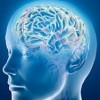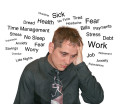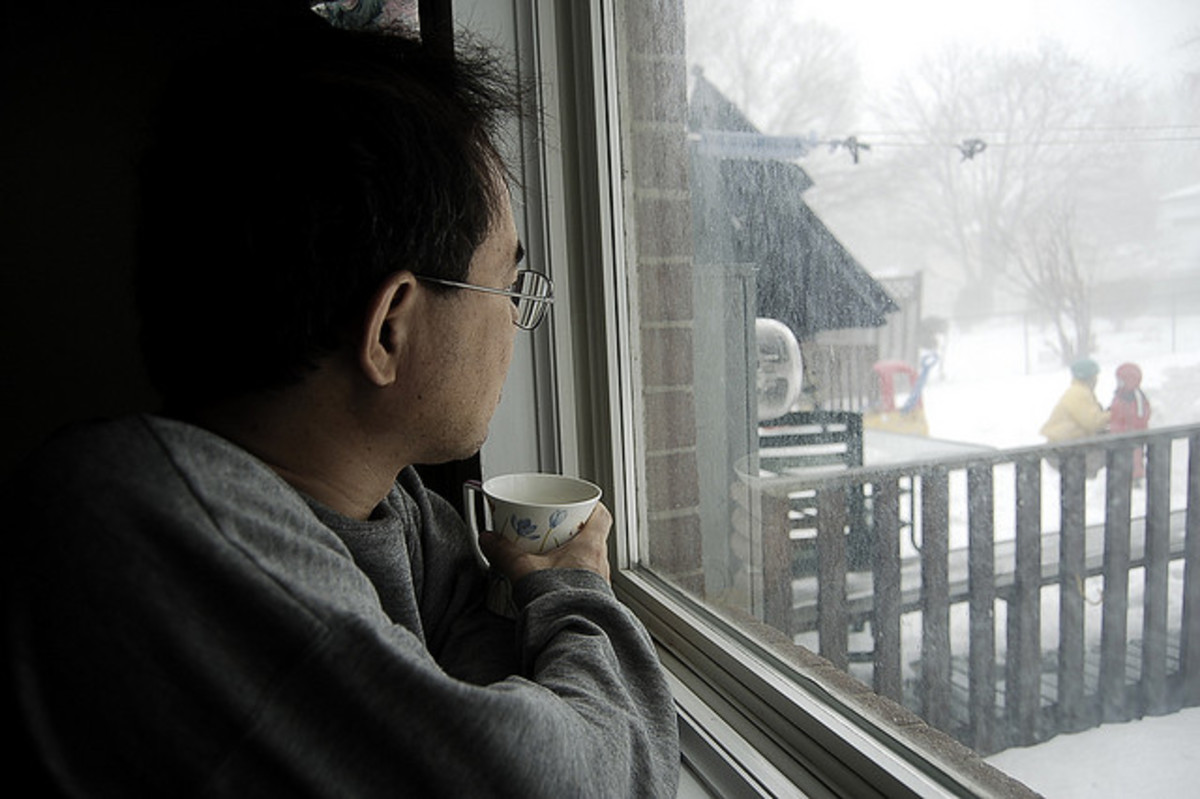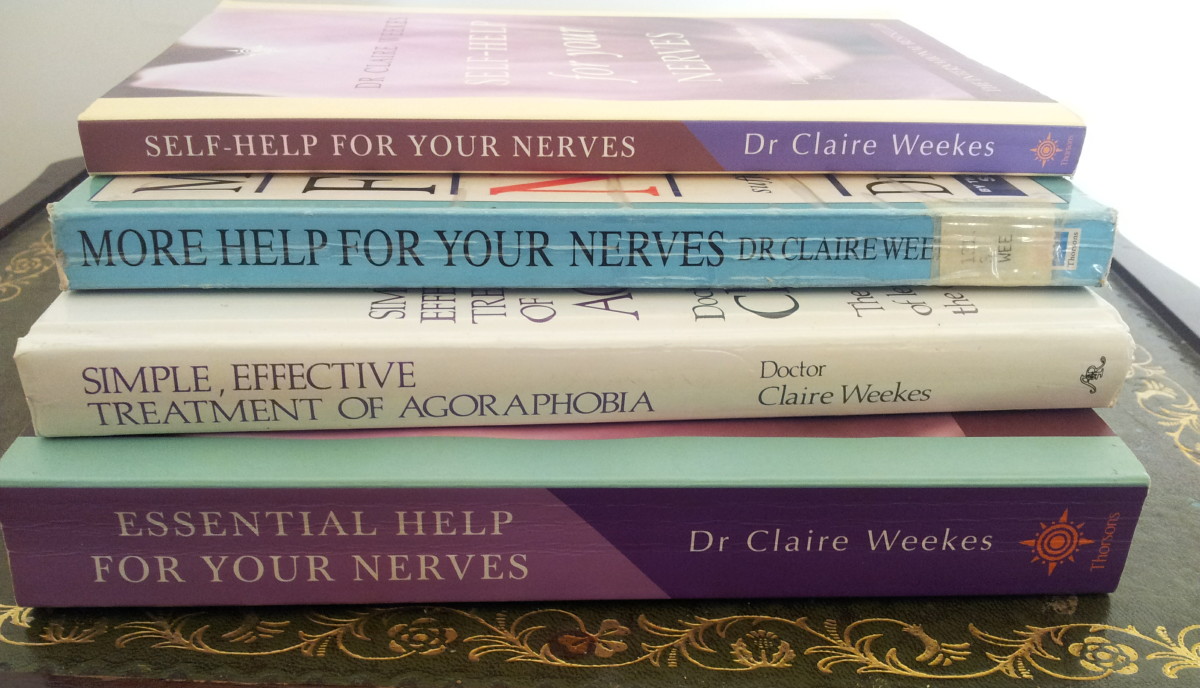Anxiety Attacks-Understand to Counter it

When Thoughts Become Chaos....
You have an upcoming presentation tomorrow, the test results are going to be announced this afternoon, or when facing a job interview. In the above situations, we feel tensed up. Our heart rate and perspiration increases, all our body muscles tighten, the mind starts pumping thoughts one after the other, you feel difficult to focus or concentrate on a particular subject. To top it all, a feeling of nausea and headache
We face Anxiety at different phases of our life. Mostly it occurs when we endure challenging life experiences. undergoing mental strain, or when faced with uncertainty. It is normal if it does not interfere with our day to day life. However prolonged exposure to anxiety can affect us mentally, physically and can also change our outlook towards life.
So what is Anxiety
Anxiety in simple terms, is our body's defense mechanism towards a threatening situation. It revolves round two options "fight or flee". Anxiety in small doses does not harm the body and can even help us tire over a difficult obstacle. However if it persists, then it results in anxiety attacks and needs to be treated. When a person has an anxiety attack,
1. Heart beat increases, giving a rise to body temperature.
2. Body muscles tightens
3. Shortness of Breath or breathing difficulty
4. Sudden increase in thought process which is hard to suppress. In some cases mind becomes completely blank.
5. Onset of severe headache, nausea, vomiting, faintness tendency.
6. Perspiration rate increases.
7.Affected person displays irritability and has difficulty making decision or focusing on the work at hand..
Levels of Anxiety
Generalized Anxiety Disorder
Generalized Anxiety Disorder or GAD is the most severe type of anxiety disorder. The affected person has a highly pessimistic approach towards life. He/she fears something terrible is going to happen within the next minute and tries to outrun it. However running away from the present situation, only strengthens their irrational beliefs. They are highly sensitive to criticism or remarks and cannot tolerate uncertainty, Mostly leads a sedentary life as a healthy relationship cannot be maintained by them This is because of the misconception held by them that they cannot be loved or cared for.
Obsessive Compulsive Disorder
This disorder is characterized by repeated ritual, routines performed by the affected person throughout the day. Eg; Washing hands repeatedly, rechecking doors knobs and windows, requiring self assurance from others regularly etc. This can cause strain mentally as well as physically. Even though the sufferer knows his/her thoughts are illogical and irrational, they are tempted to pursue their routines. This is because they feel something terrible might happen if they do not perform the respective actions
Post Traumatic Stress
Triggered by unpleasant past experiences such as accidents, bullying episodes, diseases. This can lead a person to become vulnerable to stress mainly due to the fear that these experiences or situations may repeat again. To counter this effect, avoidance of related places or events that bring back the memory is seen as symptoms
Social Anxiety Disorder
Fear of public places and events,the person suffering avoids all types of social contacts. This leads to a sedentary lifestyle. They also exhibit fear of closed places such as shopping malls,There are many reasons for this behavior such as low self esteem,, false belief that he/she cannot maintain a healthy relationship, past experiences etc. ,
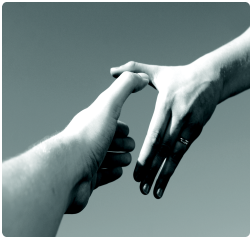
Yes, Anxiety can be Controlled
1.Understanding that extreme Anxiety is based on illogical or irrational thoughts, which elevate a problem more than it appears to be. The situation which we fear might not even arise or exist. Thinking about it again and again does not solve the issue at hand. Instead face the situation which might be in reality, very simple in nature. By doing so, you can remove the source of anxiety as well as conquer your fear.
2.During anxiety attacks, we have difficulty to focus. To counter this, take in long deep breaths, as this provides a vent to the emotions and also normalise your heart beat.
3.Social anxiety is a general disorder and there is nothing to be ashamed of. As a first step, try taking small walks though your neighbourhood. When your confidence level increases, you can increase your walking time. This can be followed by going to get groceries, small visits to malls. You can also enrol in public speaking courses which can boost your confidence level.
4.Doing small to moderate exercise can remove the onset of the disorder. This is because exercise promotes the production of neurotransmitters such as Seratonin which plays an important role in emotional balance.
5.Practising Mindful Awareness techniques, which helps us focus on the present, considerably reduces anxiety.
6.Cognitive Behaviour Therapy and Anti Depressants can reduce the flow of thoughts and emotional conflicts.
7.Plan your day events in advance and set priority level for each of them. This helps reduce procrastination and also increase productivity.
